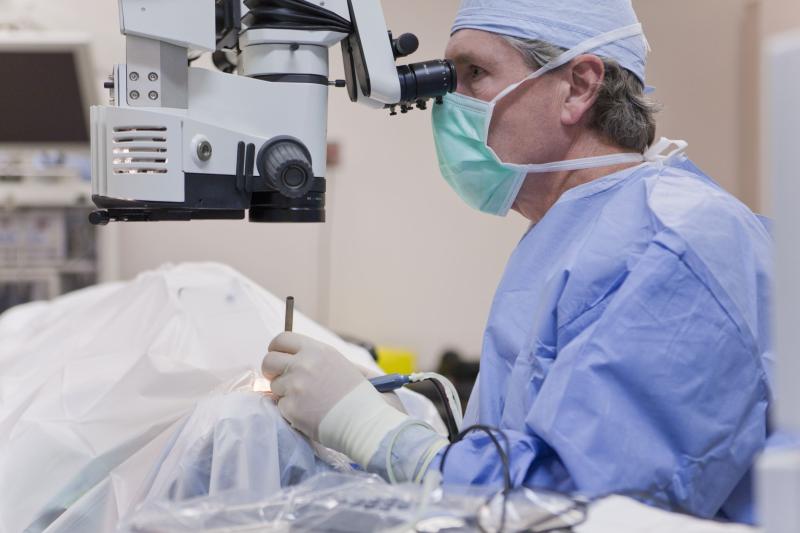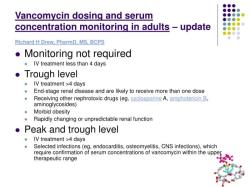Can I go out after cataract surgery?
After cataract surgery, it's generally safe to go out, but it's important to follow specific post-operative guidelines provided by your eye surgeon. Here are some general guidelines to consider:
Transportation:
- On the day of cataract surgery, it's advisable to have someone accompany you to the surgical center and drive you home afterward. Most people are not allowed to drive immediately after the procedure due to the effects of anesthesia and the potential for blurry vision.
Rest After Surgery:
- After cataract surgery, you may be advised to rest for the remainder of the day. This helps in the initial healing process and allows the effects of anesthesia to wear off.
Avoid Strenuous Activities:
- Avoid engaging in strenuous activities or heavy lifting on the day of surgery. It's essential to give your eyes time to heal without putting excessive strain on them.
Wear Protective Eyewear:
- Your surgeon may provide you with a protective shield or sunglasses to wear after surgery. This helps protect your eyes from bright lights and foreign particles.
Follow Medication Instructions:
- Use any prescribed eye drops or medications as directed by your surgeon. These medications help prevent infection and inflammation and promote healing.
Keep the Eyes Clean:
- Follow guidelines on keeping your eyes clean. Your surgeon may provide instructions on how to clean your eyes and apply eye drops.
Attend Follow-up Appointments:
- Attend any scheduled follow-up appointments with your eye surgeon. These appointments allow the surgeon to monitor your progress and address any concerns.
Avoid Rubbing Your Eyes:
- Refrain from rubbing or pressing on your eyes, as this can interfere with the healing process and increase the risk of complications.
Use Eye Protection Outdoors:
- If you go outside, especially on sunny days, wear sunglasses to protect your eyes from bright sunlight. Choose sunglasses that provide UV protection.
Be Mindful of Surroundings:
- Be cautious when moving around, especially in crowded or unfamiliar environments. Take extra care to avoid accidental bumps or injuries to your eyes.
It's crucial to note that individual recovery experiences may vary, and your surgeon's specific instructions take precedence over general guidelines. If you have any concerns or experience unusual symptoms, contact your eye surgeon promptly.
In most cases, people are able to resume normal activities, including going out, within a day or two after cataract surgery. However, it's essential to prioritize your eye health and follow the recommended guidelines for a smooth recovery.
Resuming Activities and Going Out After Cataract Surgery: A Guide
Cataract surgery is a fairly straightforward procedure with minimal downtime, but it's still important to prioritize recovery and take proper precautions when venturing out. Here's what you need to know:
1. Resuming Activities:
- Light activities: You can resume light activities like walking and reading the day after surgery.
- Moderate activities: After a week, you can gradually return to moderate activities like biking, swimming (after getting your doctor's okay), and light sports.
- Strenuous activities: Wait at least 4-6 weeks to resume strenuous activities like heavy lifting, contact sports, and high-impact exercises.
2. Precautions When Going Out:
- Eye protection: Wear wraparound sunglasses to shield your eyes from dust, wind, and bright sunlight.
- Minimize irritants: Avoid dusty or smoky environments that could irritate your eyes.
- Avoid swimming and hot tubs: Wait for your doctor's clearance before swimming or soaking in hot tubs to minimize infection risk.
- Don't rub your eyes: Resist the urge to rub your eyes, even if they feel itchy. This can dislodge the stitches or irritate the healing incision.
3. Timeframes for Restrictions:
- First week: Avoid strenuous activities, bending over, lifting heavy objects, and getting water directly in your eyes.
- Second week: You can resume most daily activities with caution, but still avoid swimming and contact sports.
- Fourth to sixth week: Most restrictions are lifted by this time, but consult your doctor for specific guidelines based on your recovery progress.
4. Sunlight and Healing:
- Moderate sunlight exposure is okay: Sunlight is essential for your overall health and can help regulate your sleep-wake cycle. However, avoid prolonged exposure to direct sunlight, especially during peak hours.
- UV protection is crucial: Wearing sunglasses with UV protection is vital to shield your eyes from harmful UV rays that can slow healing and increase the risk of complications.
5. Eye Care Professional Guidance:
- Follow your doctor's instructions: Always prioritize your doctor's specific recommendations for your recovery timeline and activity limitations.
- Attend follow-up appointments: Attend all scheduled follow-up appointments to monitor your progress and address any concerns you may have.
- Ask questions: Don't hesitate to ask your doctor any questions you have about your recovery or activities you're unsure about.
Remember, everyone heals at their own pace. Listen to your body, prioritize rest, and avoid activities that feel uncomfortable or put your eyes at risk. With proper care and precautions, you'll be back to enjoying your usual outdoor activities in no time!












